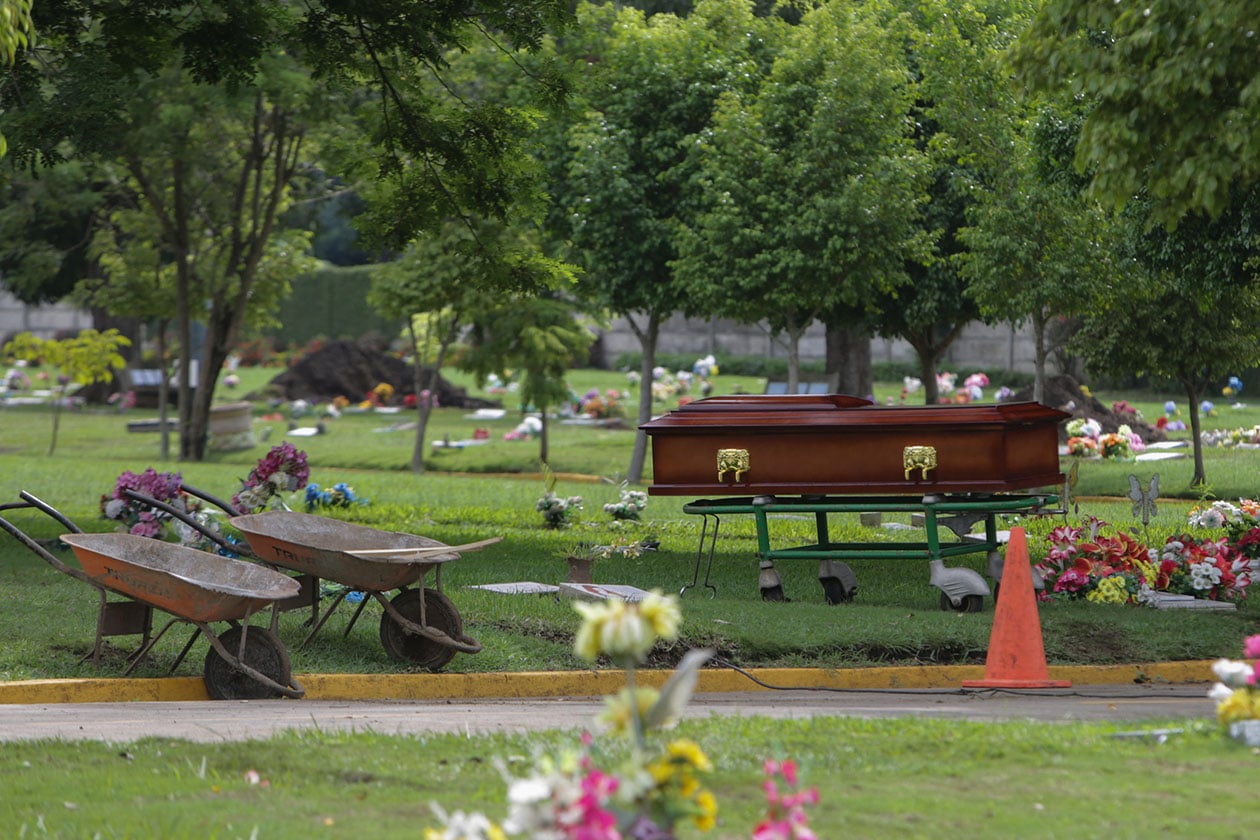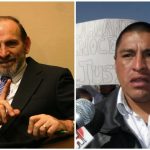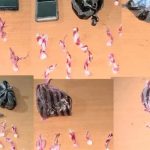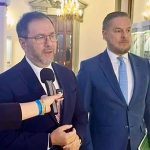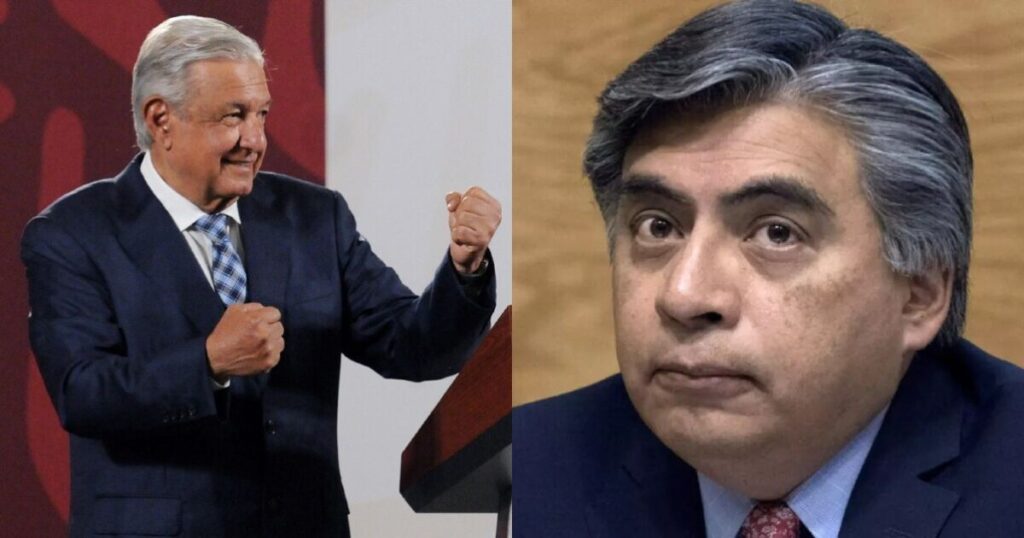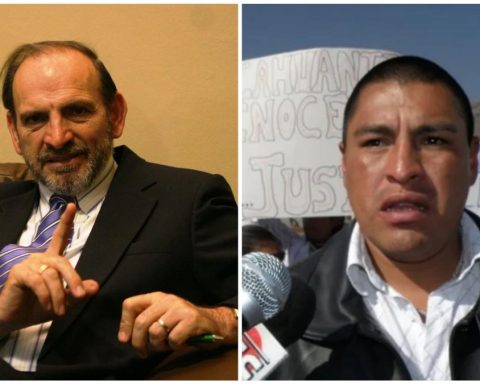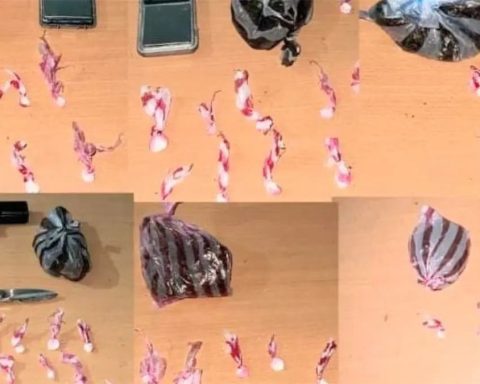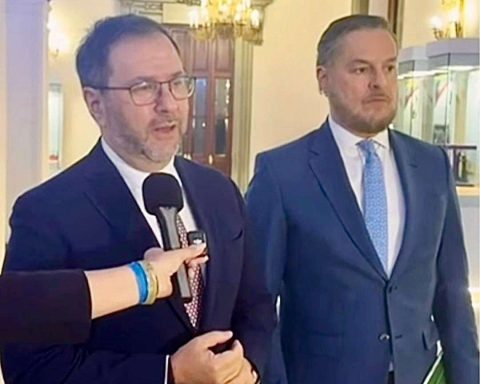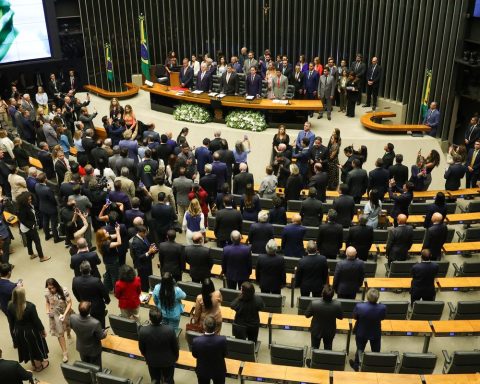The official World Bank document on the loan of 116 million dollars, approved on June 23, describes an “improved” version of the impact of the pandemic in Nicaragua, in which it highlights that the Ministry of Health (Minsa) carried out preventive measures and other control actions “before” the coronavirus arrived in the country. In this way, the World Bank “makes up” the opaque management of the pandemic regime —indicated by international health organizations— and minimizes the more than 12,000 deaths that covid-19 has left in Nicaragua, according to WHO estimates of excess mortality.
“The response included the creation of an inter-institutional commission and the elaboration of a Protocol for the Control and Management of COVID-19 cases published in February 2020. These actions made it possible to define a framework for a comprehensive approach, timely detection, early diagnosis and medical care for the population”, the document details.
The epidemiologist Leonel Argüello pointed out that the approval of the loans to deal with covid-19 has not caused changes in the strategy of the Government of Daniel Ortega and Rosario Murillo to manage the pandemic, which It is urgent to improve transparency and prevention.
“Loans are not changing reality. I have not found a single loan that has changed either the strategy or the information, which is fundamental, to the extent that in Nicaragua people believe that there is no longer covid-19. People continue to die, much less; people continue to get sick, ”explained the doctor in an interview with the program Tonight.
The protocol cited by the document was drawn up by the Minsa in February 2020, but it was kept in reserve. It was not until March 12 of that year that it became public knowledge after being leaked to CONFIDENTIAL. Likewise, the staff of the hospitals and the Local Comprehensive Health Care System (Silais) had access to a guide clinical approach to the new coronavirus until a few days before the first death was reported in the country and when there were already several confirmed cases.
“We are concerned about the lack of social distancing, the call to crowds. We are concerned about (Covid-19) testing, contact tracing and case reporting. We are also concerned about what we see as inadequate in terms of infection control and prevention,” said Carissa Etienne, the director of PAHO, 20 days after the first case was confirmed.
In the first half of the pandemic, The State limited the PCR tests, hid the contagions, hid the deaths, the overflow of hospitalizations, promoted crowds, fired the doctors who demanded personal protective equipment and installed a business to sell the tests to people who traveled to other countries. . However, none of this is mentioned in the WB document, confirmed CONFIDENTIAL.
“The protocols issued by the Minsa were applied by public institutions and transport agencies, while public spaces (…) such as markets, schools, transport terminals were subject to periodic disinfection,” the letter highlights.
However, the protocols they cite were published on the Minsa website until March 2021, when covid-19 had already left more than 6,000 dead, according to studies on mortality, and thousands of people were infected. The independent monitoring of the Citizen Observatory reported that until December 2020 they identified 12,051 cases and 2,868 deaths suspected of covid-19. Meanwhile, the Government admitted 6,046 infections and 165 deaths.
Studies of excess mortality have shown that, in Central America, Nicaragua is the country with the greatest difference between deaths from covid-19 that it reports and those estimated due to excess mortality. There are estimates that calculate up to 33,000 deaths. Meanwhile, the Minsa reports only one weekly death since October 2020, a statistically unlikely figure.
Doctor Argüello: “The banks are accomplices”
Dr. Leonel Arguello criticizes the limited follow-up that multilateral organizations give to authorized credits, which will finally be paid by the Nicaraguan population without changes being seen.
“The banks are complicit in the disaster that is occurring, in terms of dealing with a disease, which caused more than 15,000 deaths, and that number of people should not have died. But, when you mix politics with science, when what drives is partisan politics and not scientific evidence, then that’s where we run into trouble,” he lamented.
He added that the loans should be targeted at targets that, “based on real data,” demonstrate their impact on the disease. “The impact does not (have to be) that you built a hospital, that you painted a clinic, that you created more laboratories. That is not the impact on health.
The doctor, who has been one of the most listened to health voices during the pandemic, pointed out that Nicaraguans have the right to be informed of the real situation, to have access to a quality health system, to laboratory tests and to know their results, to receive adequate treatment; but more than two years into the pandemic, it is still lacking.
“They are still giving medicines that have been shown to be useless for more than two years,” said the health worker, referring to ivermectin, a medicine given by the Minsa as prevention.
Executing agencies must be audited
The millionaire loan from the World Bank will be executed by the United Nations Office for Project Services (UNOPS) and the Pan American Health Organization (PAHO), the latter of which will be in charge of purchasing medicines, medical equipment and vaccines. However, Argüello stressed that these organizations should be audited because “they lack autonomy.”
“The Pan American Health Organization is not an autonomous organization, it depends on the countries, its Board of Directors belongs to the countries, its assembly, that is, the collegiate body, which is in charge (…) has become a complacent organization of the Governments in power, and also, including people that possibly, due to the same influence of the Governments”, commented the epidemiologist.
Despite this, PAHO has indicated at various times during the pandemic its concern about the handling of the pandemic in Nicaragua. Last March, when the second anniversary of the confirmation of the first case in the country was celebrated, the agency acknowledged that they had not made an “exhaustive assessment” due to the lack of official information.
